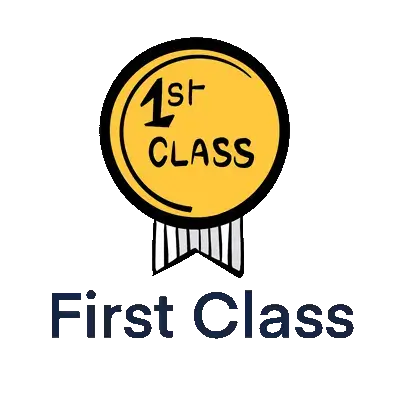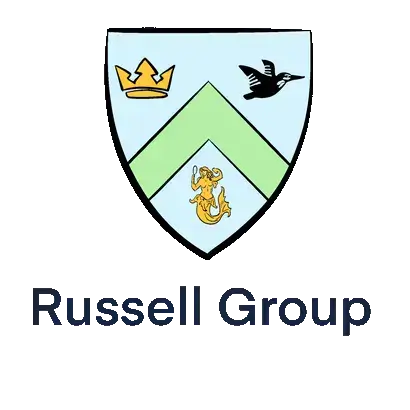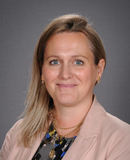Introduction to GCSEs
The General Certificate of Secondary Education (GCSE) is the most commonly-sat exam in the UK. All students sit GCSE papers in a variety of subjects at the age of 16, with exams traditionally held in the summer of Year 11. Results are normally published on the last Thursday of the following August, making for an anxious wait over the summer! Afterwards, students can continue their studies or enter an apprenticeship. With university applications getting ever more competitive, GCSE results are now often used to help decide between candidates.
ABC? As easy as 1,2,3
GCSEs underwent their biggest overhaul a few years ago, with the classic letter grades: A-G being replaced by numbers: 9-1. This can seem a little confusing at first, and it certainly was for the poor students who sat them for the first time. Whereas a 'C' grade used to be considered the pass benchmark, it is now considered a pass if a student achieves a '5'. Confusingly, in the first few years, a '4' was also considered a pass, but less of a good one. Therefore, a '5' or above is now considered a pass.
It's also worth bearing in mind that if your child intends to continue their studies, particularly at A level, each subject will likely require a higher benchmark for certain grades. For example, if your child wishes to study mathematics there will likely be a requirement they achieve at least a grade 7.
How does assessment work at GCSE?
All students sit papers in the “core” subjects of Mathematics and English, and then go on to sit exams in somewhere between 8 and 12 subjects. Besides the aforementioned core subjects and Science, no other courses are compulsory. Some subjects count for two or more GCSEs, most usually Science (Double or Triple Science). Some schools also offer GCSE equivalent qualifications, most usually BTECs. Although traditionally exclusively vocational qualifications, BTECs have recently been updated to include exams. While one BTEC is often worth multiple GCSEs, they are more coursework orientated and less academically demanding.
The length of each GCSE exam varies between subjects and exam boards but most take place during the same time-frame. This is usually the 4 weeks during the middle of the Summer Term of Year 11. It can often be quite an intense and stressful period for students, so it's well worth developing a revision plan ahead of the exam season.
Familiarisation with the exam papers can often be a huge help and allow students to get to grips with the examiner's expectations. If you know the exam board and subject you will be able to download past papers, mark schemes and crucially, examiner's reports from the exam board's website. Often overlooked, the examiner's report provides a detailed explanation of the types of answers that gain top masks. They also usually outline common errors - always a good thing to know!
The Exam Boards
The UK is somewhat unique in that multiple exam boards provide competing examinations for the same subjects. It is up to schools to decide which one to go for. It is really important to find out from your child's school which exam board they are following for each subject, as this will make preparation much easier.
To ensure consistency, each exam board must gain approval from The Office of Qualifications and Examinations Regulation (Ofqual). The key differences between each exam board will be mainly on the assessment method (long v short answers etc) as well as areas of focus.
The five exam boards at GCSE in the UK are AQA, CCEA, Pearson (Edexcel), OCR and WJEC/EDUQAS. Originially there were many more exam boards, all affiliated with UK Universities. They merged together into these five over the last fifty years. Schools will normally use some or all of these across different subjects, selecting the boards offering the syllabuses that best suit their needs.
How can I help my child with their GCSEs?
With such a broad range of subjects, it is entirely possible that students may need extra help to get them through. Here at Owl Tutors we only employ qualified teachers. All of our tutors have classroom experience in the subjects they tutor, and have been personally interviewed and vetted by us. A great number of our tutors have taught GCSEs in schools for a number of years, and will be very familiar with things like different exam board requirements, questioning styles and how to do well in coursework. We know how important your child’s education is, and we think it should only be put in the hands of someone who really knows what they’re doing. Please feel free to browse some of our London Tutors or contact us today to find out more.










